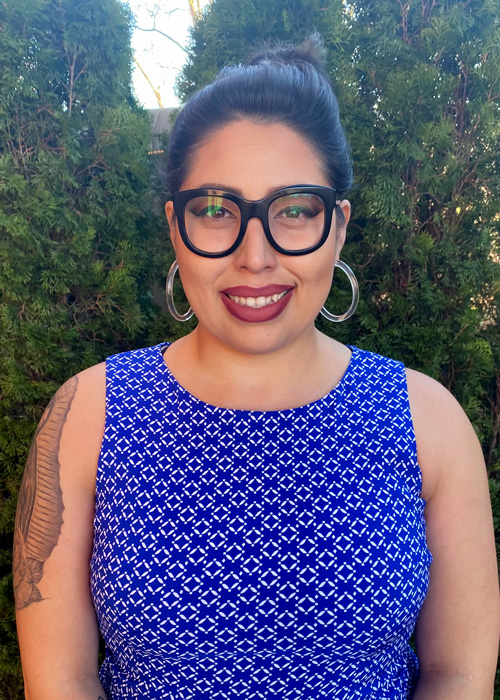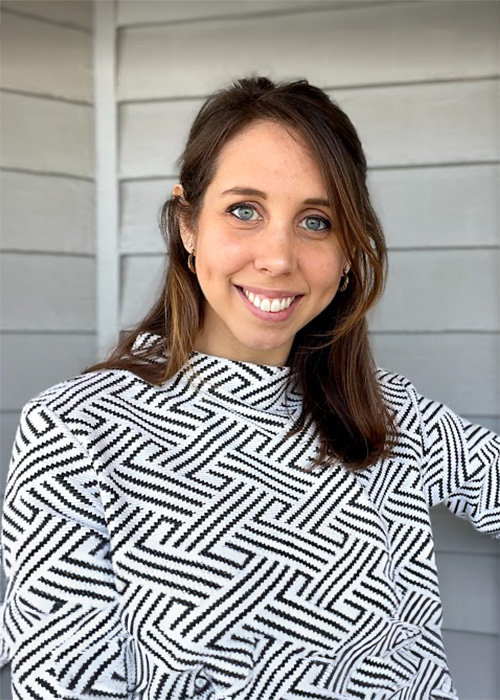 Your research examines the health of immigrant Latinas.
Your research examines the health of immigrant Latinas.
I’m interested in hearing about their everyday lived experience and how their occupation interacts with other social determinants of health, such as access to health care and other economic opportunities. Latinas are overrepresented in home health care and entrepreneurship and a majority of home care workers live in poverty. It’s no surprise that many home care workers also have second jobs, some entrepreneurs, in order to provide for their families.
This is especially important because the women who work in these areas are at increased risk of COVID-19, where they are not able to work from home. The 1-on-1 interviews I conduct explore how COVID-19 has impacted immigrant Latinas’ health, businesses, and work conditions in their own words.
You’re a Los Angeles native, but your dissertation project grew out of work you did in New York City before coming to Brown.
Prior to Brown, I launched a community health workers program in New York City that predominantly serves immigrant Latinas. This left me with a strong local network. Since arriving in Providence, I interact with the Spanish-speaking community on a daily basis. My familiarity with Latinx neighborhoods in both cities allowed me to build meaningful relationships with community members, leaders, and businesses that could spread the word about my research, which they, themselves, inspired. I do not engage with the Latinx community because of my research needs, but rather, because I am a member of the community, I research.
The pandemic has had a disproportionate impact on Latinx communities.
Latinxs continue to account for a majority of COVID-19 infections, hospitalizations, and deaths. This disparity is not due to biological difference, but rather the socio-environmental conditions Latinxs are subjected to, one of which is work. I am very interested in seeing how the lived experiences compare across New York City, the nation’s most populous city, and in Providence, capital of the smallest state.
My findings indicate that there are many more similarities among the experiences of immigrant Latinas living in Providence and New York City than there are differences. All of the women I interviewed proudly care for others through their job as home care workers and/or by providing food, cleaning, and other services to the general public as entrepreneurs. Yet, when asked who takes care and provides services for them, they say themselves. They often prioritize the needs and care of their clients and families over their own.
Amongst entrepreneurs, several Latinas noted having to shut down their businesses due to the government restrictions. This inevitably had a negative financial impact on their business, household, and employees. Other entrepreneurs continued offering goods and services while taking all the safety precautions they could and changed their business models to include online services, where possible.
Among home care workers, there’s a general consensus that not going into work was not an option. Agencies that employ them give them the “choice” on whether or not to take on certain clients, often not stating if the client has COVID-19. For most home care workers, it is not viewed as a choice, but rather a risk deemed necessary for survival.
 You work closely on your dissertation research with Women’s Refugee Care. In fact, its founders will be listed as co-authors on your papers. How did you find out about WRC?
You work closely on your dissertation research with Women’s Refugee Care. In fact, its founders will be listed as co-authors on your papers. How did you find out about WRC?  Your research examines the health of immigrant Latinas.
Your research examines the health of immigrant Latinas.